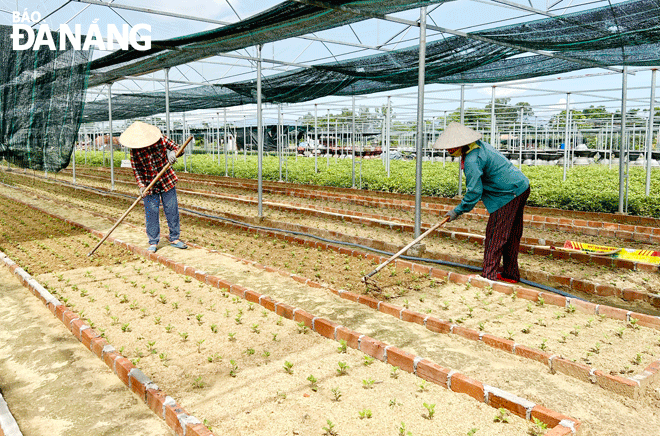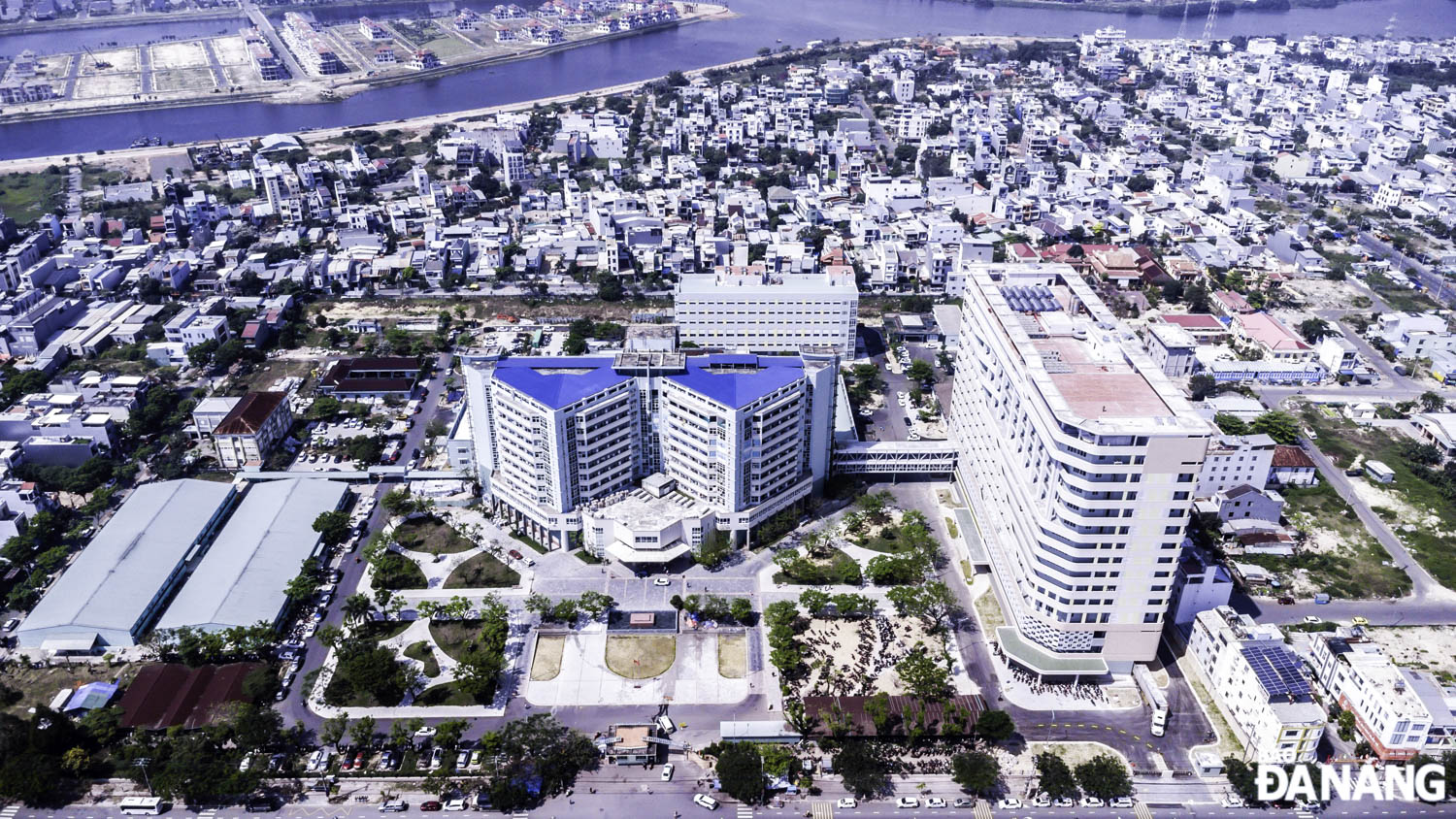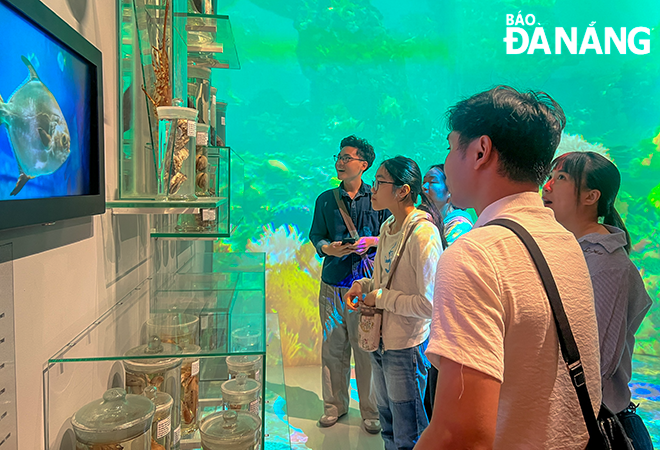Farmers cope with soaring agricultural input costs
The price of animal feed, fertilizer and agricultural materials is constantly increasing, causing many farmers to worry. In the face of this disadvantage, farmers in Da Nang are trying to find more proper solutions to flexibly reduce input costs.
 |
| The hike in animal feed, fertilizer and agricultural materials has resulted in more financial difficulties facing farmers. Farmers in the Duong Son flower production area in Hoa Chau Commune, Hoa Vang District are pictured taking care of vegetable beds. Photo: VAN HOANG |
Animal feed, fertilizer continuously go up
Since January 1, 2022, when communes in Hoa Vang District announced the end of African swine fever, many farmers in the city began to re-herd and raise livestock again. However, due to the impact of the COVID-19 pandemic, along with the continuously increasing price of animal feed, the number of breeders re-herding livestock is limited, so the total herd of pigs decreased sharply.
Through the survey, a number of agricultural material trading units informed that the price of animal feed continued to increase by VND300 - 400/kg according to the adjustment of production and trade companies in early May 2022. On average, each bag of 25kg, farmers have to pay VND7,500 more than the previous hike.
Since the beginning of 2022, the price of animal feed has soared 4 times with an increase of nearly VND35,000/bag of 25kg.
Besides the hike in the price of animal feed, the costs of fertilizer and plant varieties have also record a upward trend. Compared to June 2021, the price of some types of fertilisers has doubled, even those with imported raw materials recorded a 1.5 times increase in price.
Specifically, each bag of NPK fertilizer (50kg) is now priced at VND830,000/bag or more, whilst urea fertilizer is offered at VND950,000/bag, Korean DAP from VND1.4 million/bag, Belarusian Potassium from VND1 million/bag. Likewise, the prices of plant varieties and other materials also climbed up by about 20%.
Struggling to adapt to price hikes
Faced with the fact that the price of raw materials has skyrocketed, many farmers in the city are trying to find the most effective ways to reduce input production costs.
At the La Huong organic vegetable production area, located in Hoa Thuan Dong Ward, Cam Le District, many farmers use organic fertilizer from water hyacinth.
After many years of farming in this popular vegetable growing area, farmer Le Tuong Hai said that, in each rainy season, the area along the Cam Le River has a lot of water hyacinth plants. Taking advantage of available raw materials, farmers here have brewed water hyacinth. After a few months, water hyacinth becomes fertilizer. The application of organic fertilizers from water hyacinth brings many highly practical effects such as restoring soil resources, enriching the biological system and limiting plant diseases.
This is a fertilizer containing a large amount of beneficial microorganisms, so vegetables and colors always become lush.
At the same time, Mr. Hai and many other farmers in the vegetable growing area also use other organic fertilizers to make the production more efficient.
Similarly, Ms. Tu Thi Sung, a chrysanthemum grower at the Duong Son flower production area in Duong Son Village, Hoa Chau Commune said that, in order to save input costs, she limited the use of inorganic and chemical fertilizers.
During the farming process, chicken manure and rice husks are used to loosen the soil and limit pests and diseases.
According to Mr. Ly Phuoc Dang, Head of the Duong Son Flower Cooperative Group, the continuous hike in the prices of fertilizers and agricultural materials has caused a sharp drop in the post-harvest profits for farmers.
In order to cope with the current fact, it is highly suggested that farmers should adjust the appropriate amount of fertilizer, avoiding the death of plants due to the excessive application of organic fertilizers.
In addition, it is necessary to choose reputable suppliers of materials and avoid buying poor quality fertilizers.
In a supportive manner, the Hoa Vang District People's Committee has instructed the commune-level authorities to develop and implement plans such as the ‘Month of general sanitation, decontamination and disinfection of the environment’ in order to proactively prevent and control diseases that may affect livestock and poultry as well as preventing transmission to humans.
With regard to cultivation, the competent authorities will provide farmers with new rice seeds in a bid to help them overcome damage during heavy rains in the city.
Reporting by VAN HOANG -Translating by A.THU








